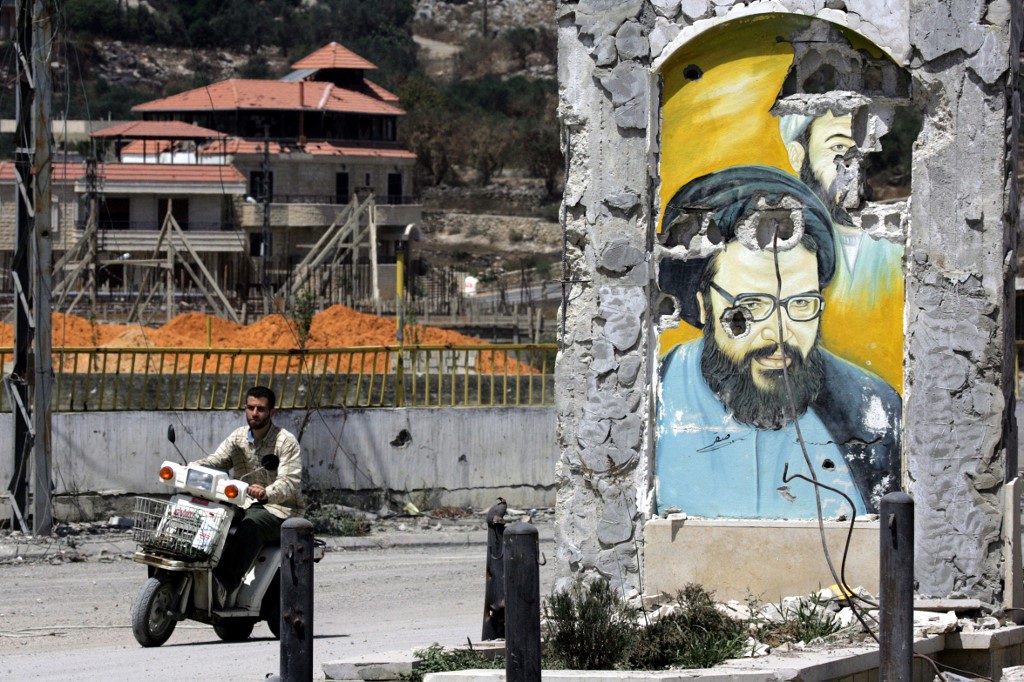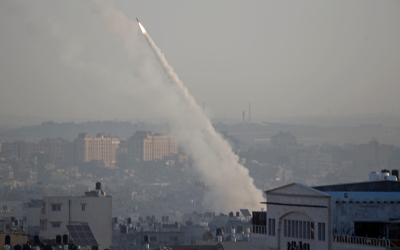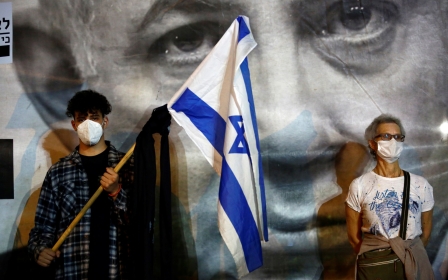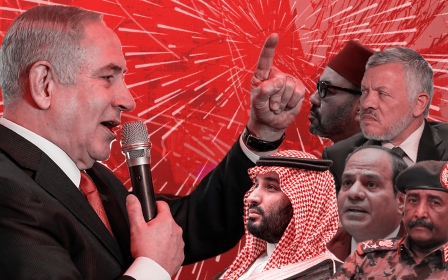Israel's policy of targeted killings is a failure - and the Mossad knows it
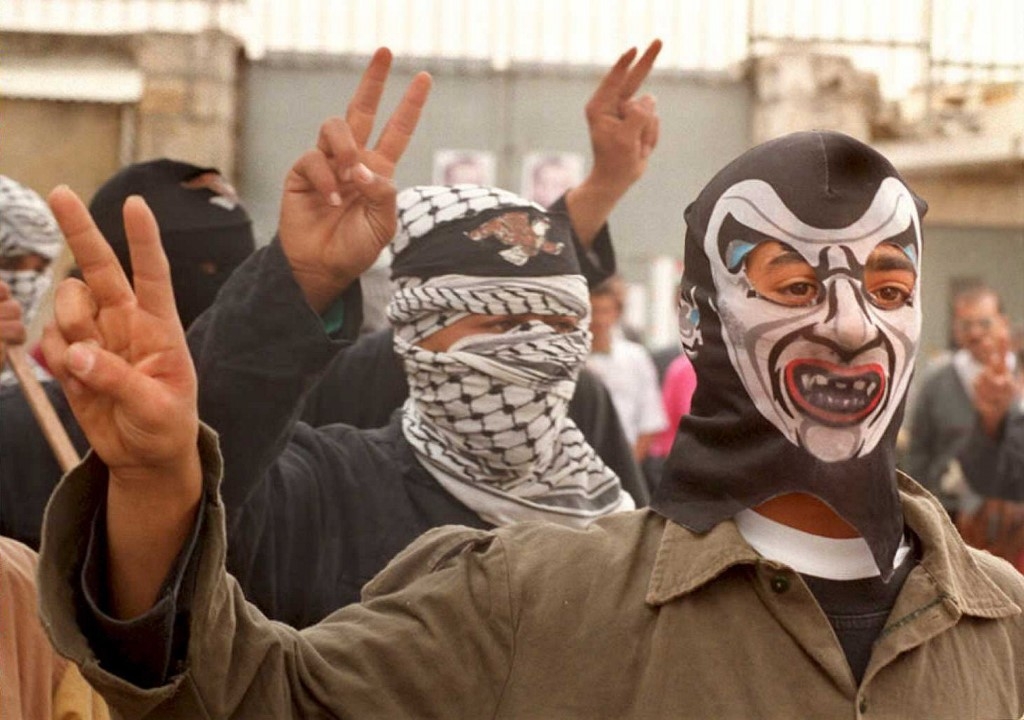
Though many countries have used political assassinations to defend or protect their interests, Israel has employed the tactic the most systematically over the past seven decades.
In Rise and Kill First, author Ronen Bergman writes: “Since World War II, Israel has assassinated more people than any other country in the Western world.” He cites more than 2,000 murders committed by Israel’s military and intelligence agencies.
The victims have included Palestinian Muslims and Christians, Lebanese Hezbollah commanders, the deputy chief of the Palestine Liberation Organization (PLO), and Syrian generals; they have included engineers, scientists, poets, arms dealers, military commanders, waiters and shop owners. The killings have been carried out in more than a dozen countries and four continents.
From legend to reality
When Israel wants to brag about its prowess, it showcases the skill of Mossad assassins in hitting their targets. Movies have been produced. Books have been written. Legends have been made. Newspaper and magazine articles have boasted of the exploits of the agency’s Kidon unit.
New MEE newsletter: Jerusalem Dispatch
Sign up to get the latest insights and analysis on Israel-Palestine, alongside Turkey Unpacked and other MEE newsletters
But almost no one has assessed the relative value of these operations. What are their short- and long-term goals, and are they achieved? I have argued for years that such operations (aside from their immorality) do not advance Israeli interests in the long term, and sometimes not even in the short term. Many leave Israel worse off than before.
He cites more than 2,000 murders committed by Israel’s military and intelligence agencies... in more than a dozen countries
Now, for the first time, three former Mossad chiefs have themselves publicly conceded that the tactic is of dubious strategic value. In interviews with the Journal of the Intelligence Heritage and Commemoration Center, they expressed themselves in uncharacteristically candid fashion.
Former Mossad chief Nahum Admoni, who directed the assassination of the PLO’s second-in-command, Abu Jihad, in Tunis in 1988, said the operation had no impact on diminishing Palestinian resistance during the First Intifada. “I don’t think the killing of Abu Jihad changed anything in the course of the intifada … There were worthy assassination operations. Several of them were unworthy. Others didn’t bring any benefit,” he said.
Yossi Melman, who authored a Haaretz piece on the topic, noted that the question of whether assassinations contribute to national security “is one that intelligence chiefs wrestle with … From conversations I’ve had with a good number of top intelligence officials, I’d say they believe that this is a tool whose contribution is quite limited at best.”
'Poor decision'
Former Mossad chief Tamir Pardo acknowledged in his journal interview that one of his predecessors, Efraim Halevy, “opposed targeted assassinations on the grounds that they had limited value - and he was right about that”.
Another example of an assassination that boomeranged against Israel is that of Abbas Musawi, the first leader of Hezbollah, in 1992. The military chief who promoted it later admitted it was a “poor decision”, Melman notes. “Moreover, the person elected to replace the drab and gray Musawi as Hezbollah leader was the talented and charismatic Hassan Nasrallah, who continues to make Israelis’ lives difficult to this day.”
This assessment of Nasrallah is, if anything, too benign. Over the past three decades, Nasrallah has fought Israel to a standstill in the 2006 Lebanon war, helped to save Syrian President Bashar al-Assad’s regime on behalf of his Iranian allies, and served as perhaps the most dangerous and lethal enemy Israel faces in the Arab world. Killing Musawi was not just a “poor decision”; it was a disastrous one.
Several years later, in 1997, the attempted assassination of Khaled Meshal, then the representative of Hamas in Jordan, sparked a debacle that threatened to destroy relations between Jordan and Israel.
As two Mossad agents administered poison to Meshal, the resulting commotion led to their capture. Jordan’s King Hussein subsequently raged at the Israelis and demanded an antidote to save Meshal’s life. The choice was that, or trying the would-be killers in open court and exposing the operation to the world. Israel supplied the antidote, and no Mossad assassination has since taken place on Jordanian soil.
Failed ploy
In 2010, the Mossad received approval to execute Mahmoud al-Mabhouh, Hamas’ chief arms dealer responsible for supplying the group with Iranian arms. While he visited Dubai, a 27-person hit squad embedded itself in the city to prepare for the complicated operation.
The assassins gained access to his hotel room while he wasn’t there; when he returned, they reportedly overpowered him, suffocated him with a pillow and injected him with a chemical that would point to his death being caused by a heart attack.
But the ploy failed, and thanks to the UAE’s massive surveillance apparatus and CCTV cameras, images of the Israeli killers were captured and circulated around the world. Undoubtedly, this exposure decimated the Kidon unit, blowing the cover of most conspirators and rendering them unable to continue in such roles.
The cloned passports that the Mossad used in the operation also compromised Mossad station chiefs in the European countries whose citizens’ documents were used to gain entry to Dubai. The British, Australian and Irish station chiefs were sent packing. Dubai raised such an outcry that Israeli authorities were forced to concede that the operation had been a disaster of epic proportions.
Targeted assassinations are a tactic, not a strategy. Israel has been using them as a substitute for diplomacy with its Arab enemies. Yet, killings are a stopgap measure; they may (or may not) bring temporary relief, but they ignore the fact that where one militant is eliminated, 100 stand in line - and of those, there are some who are far more cunning and capable than the one killed.
Refusal to compromise
Such operations are an admission of failure - an admission that Israel has no plans to live at peace with its neighbours, and that it prefers to “mow the grass” periodically (as described by Israeli intelligence and military figures), rather than confront the deeper problems it faces.
Instead of compromising on any of the key issues required to make peace, Israel prefers to pick off individual figures one by one, as a measure of temporary relief. It’s like prescribing aspirin for a patient diagnosed with cancer.
This transforms your country from a nation of laws governed by constitutional rights, into the sort of national security state that Israel is
Despite the skepticism among Mossad leaders about targeted killings, Israel has exported this as one among many counterterrorism tactics to the US in its operations in the region; the US has killed hundreds of innocent civilians in its fight against al-Qaeda, al-Shabab and the Islamic State.
Most Americans are oblivious to the fact that when you adopt targeted killings as your country’s primary counterterrorism policy, you also adopt all of the ethical quandaries that Israel’s military and intelligence apparatuses have given short shrift. This transforms your country from a nation of laws governed by constitutional rights, into the sort of national security state that Israel is.
The views expressed in this article belong to the author and do not necessarily reflect the editorial policy of Middle East Eye.
Middle East Eye delivers independent and unrivalled coverage and analysis of the Middle East, North Africa and beyond. To learn more about republishing this content and the associated fees, please fill out this form. More about MEE can be found here.



